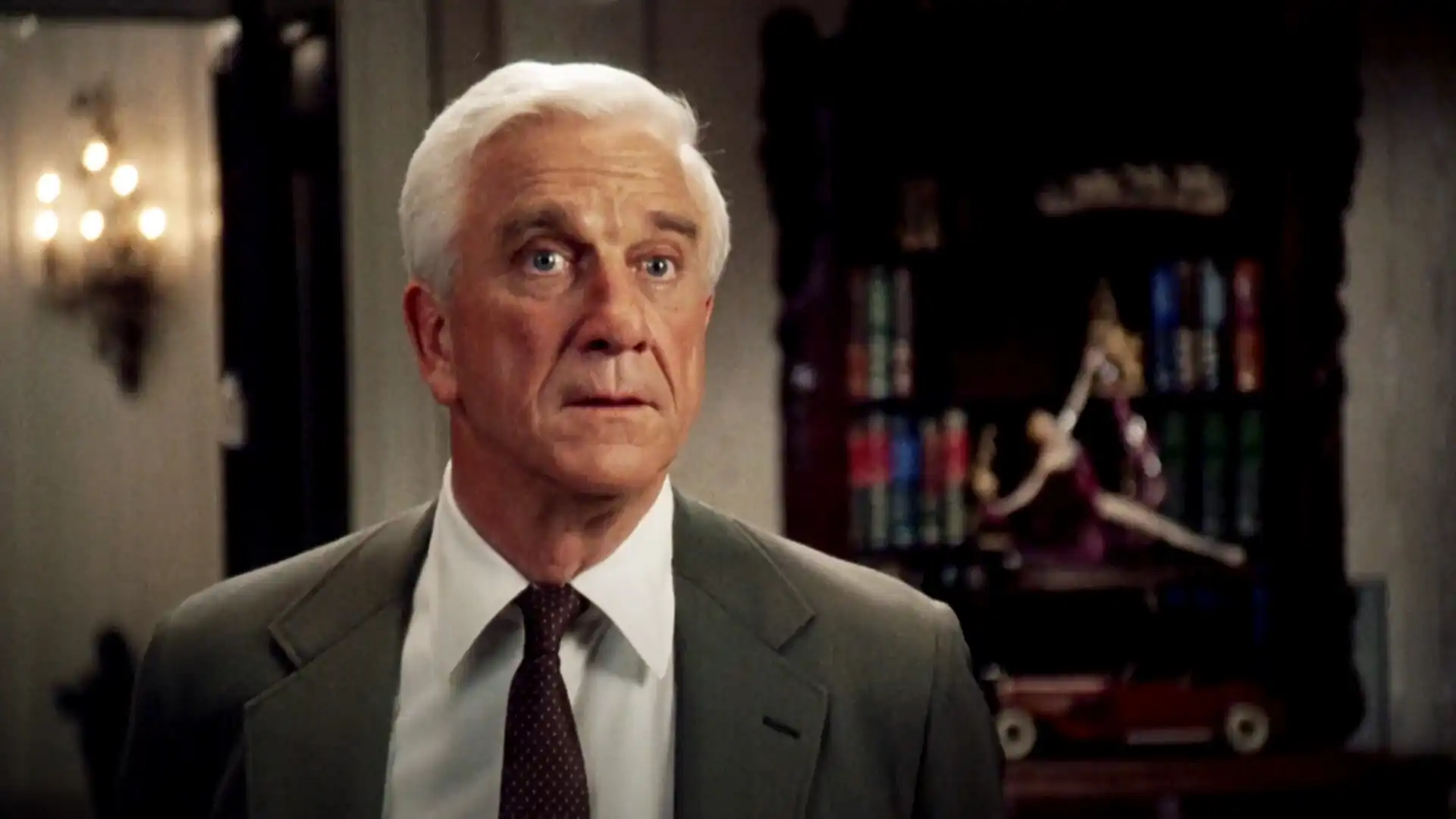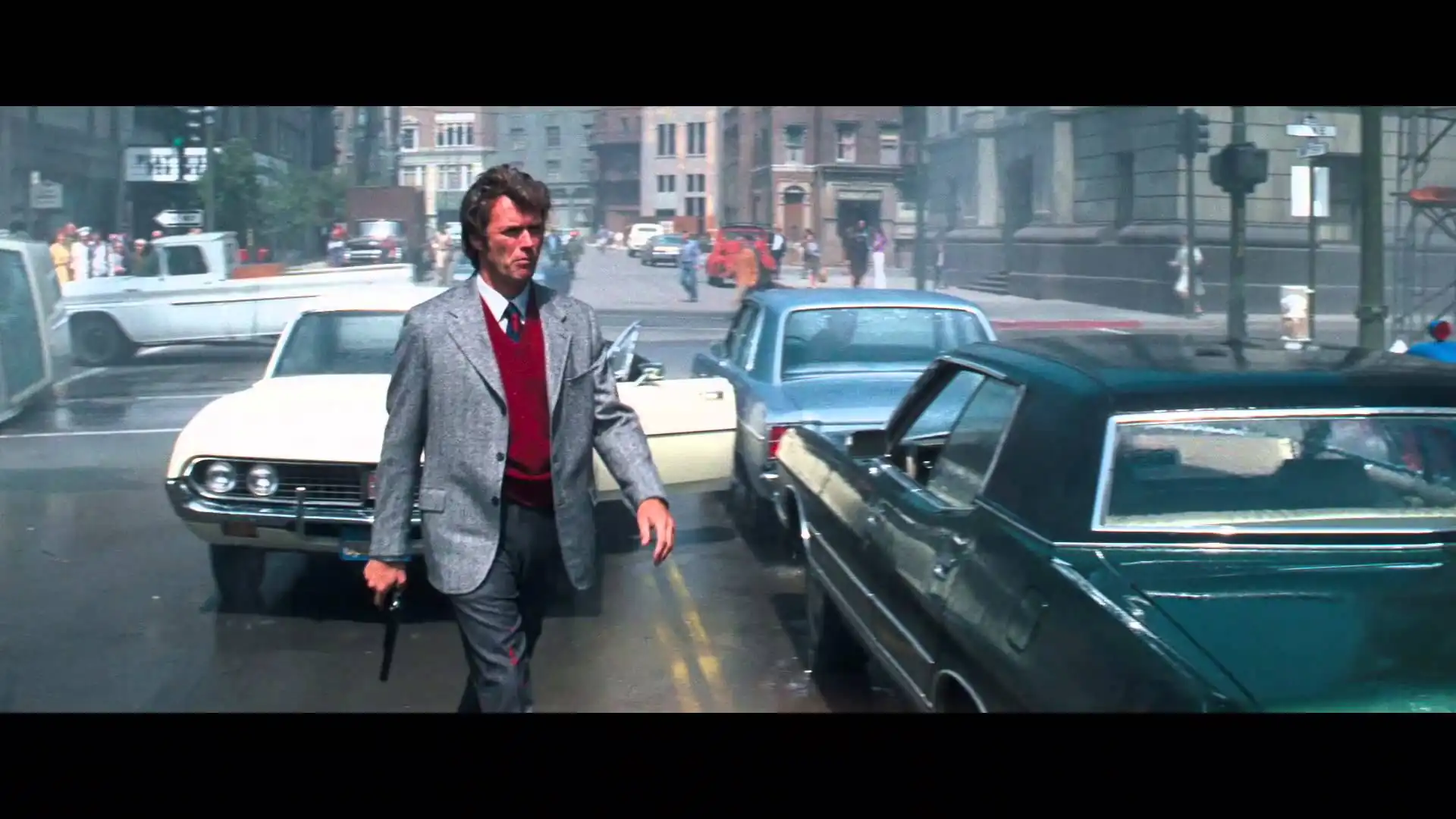Ask any neurodivergent person, and they'll tell you that masking is the worst. It consumes all your energy, and ultimately prevents you from being yourself, all so that you can fit in with a crowd you don't understand.
In The Hypnosis, the debut feature from Ernst De Geer, the titular act allows for software developer Vera (Asta Kamma August), to finally step outside herself, and stop masking just before an important summit. The words masking, autism, or neurodivergent are barely used in the film, but the coding is impossible to ignore. For anyone who has ever tried to pretend to be something they're not to fit in, The Hypnosis will hit home like a ton of bricks.
When Vera and her boyfriend/dev partner, Andre (Herbert Nordrum), arrive at the summit, it quickly becomes clear that something is off. Instead of mingling with the elite, Vera can't force herself to mindless small talk or self-congratulatory back patting. Instead, it feels like she's taking the piss about the whole thing, to the horror of Andre. He's trying his best to suck up to those with perceived power, and remains totally oblivious to what a fruitless endeavor it is. As the weekend progresses, the conflict between pretence and liberated self-realization grows into hysteric proportions. Squirming in your seat has never been as fun, or as pointedly accurate.
For a first time filmmaker, De Geer captures innate human truths with painful accuracy. The animalistic rituals, the school yard bullying, and the patriarchal systems created by insecure people are all observed perfectly. The Hypnosis mocks and prods like the best satires, yet it only goes overboard just once, right at the end, and even then it almost feels entirely earned. I'm not completely certain if it sticks the landing, but I can't imagine a better conclusion, either.
Led by a star making turn from August, whose performance as Vera is a powerfully empathetic one, The Hypnosis is a staggering debut feature. It's rare to see a film encompass this level of drama, satire, and smart social commentary without ever coming off as more heavy-handed than it intends to. It stands proudly alongside the films of Lars Von Trier and Yorgos Lanthimos, which it will undoubtedly be compared to.
De Geer shouldn't worry about the comparisons. His film is an accomplished provocation that, unlike certain others that have come recently, never undermines its audience or its subject for a cheap laugh. Hysterically funny, deeply troubling, and ultimately hugely rewarding, it is a tour de force that makes everyone involved worthy of great interest in the future.














Discussion